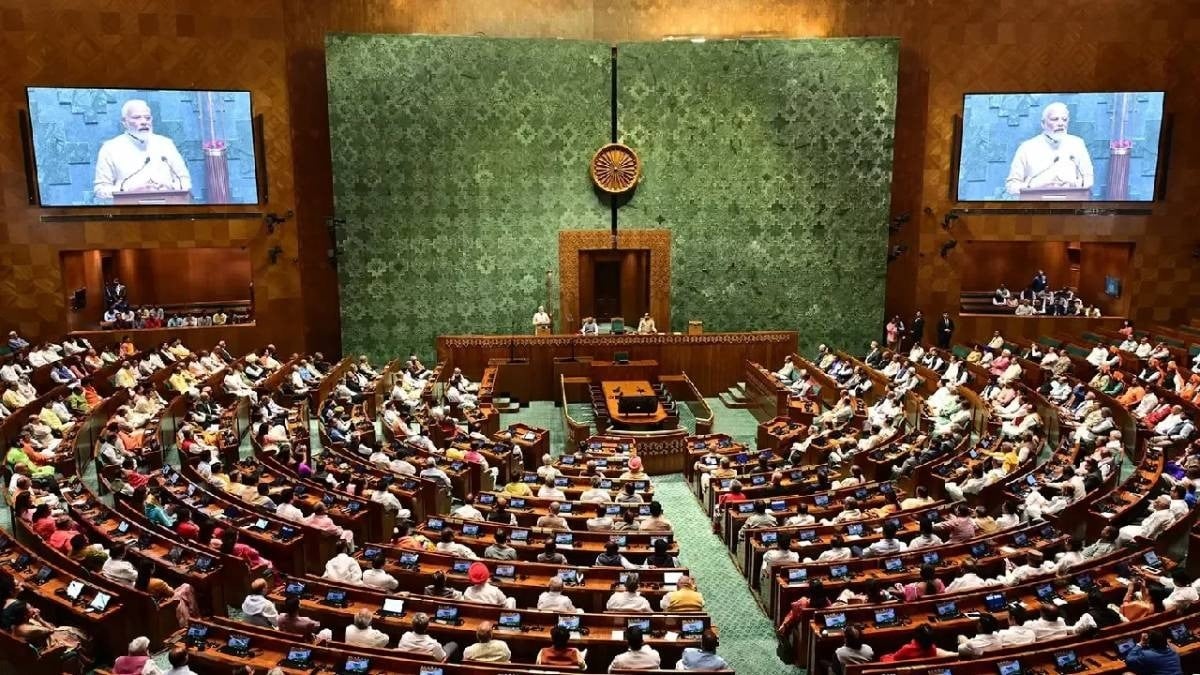On August 24, 2025, a significant appointment was made within the Indian security apparatus, as Anish Dayal Singh, a retired Indian Police Service (IPS) officer and former chief of both the Central Reserve Police Force (CRPF) and Indo-Tibetan Border Police (ITBP), was designated as the new Deputy National Security Adviser (Dy NSA) of India. This appointment comes at a critical juncture when India is facing a multitude of internal and external security challenges.
Background of Anish Dayal Singh
Anish Dayal Singh was born on December 9, 1964, in Prayagraj (formerly Allahabad), Uttar Pradesh. He comes from a family deeply rooted in legal and public service; his younger brother, Justice Saumitra Dayal Singh, serves as a judge at the Allahabad High Court. Singh holds a bachelor’s degree in Arts and joined the IPS on August 21, 1989, after successfully clearing the UPSC Civil Services Examination. His initial training took place at the Sardar Vallabhbhai Patel National Police Academy in Hyderabad.
Singh’s career trajectory is marked by his involvement in counterinsurgency operations during a time of significant unrest in India’s Northeast region, providing him with invaluable field experience.
Professional Journey
Intelligence Bureau (IB)
Singh dedicated nearly three decades to the Intelligence Bureau, where he served in various capacities, including Joint Director and Special Director. His roles involved critical functions in intelligence gathering and analysis, as well as threat assessment.
Director General Roles
-
Indo-Tibetan Border Police (ITBP) (2022-2024): Singh took over as DG ITBP on October 3, 2022, during a tense period marked by rising border tensions with China. He oversaw the lengthy 3,488 km Line of Actual Control and also held an additional charge of the Sashastra Seema Bal (SSB).
- Central Reserve Police Force (CRPF) (2024): From January to December 2024, Singh served as the Director General of the CRPF, the largest paramilitary force in India, comprising more than 300,000 personnel. During his tenure, he successfully oversaw the 2024 Lok Sabha elections and the first Assembly elections in Jammu & Kashmir after its reorganization.
Achievements and Reforms
Singh is recognized for implementing significant reforms and operational improvements during his tenure in various capacities:
-
Counterterrorism and Anti-Naxal Operations: He established over 30 Forward Operating Bases in Maoist-affected areas of Chhattisgarh and raised four new CRPF battalions dedicated to anti-Naxal operations.
-
Election Security: Singh ensured a secure environment during the Lok Sabha elections in 2024 and played a pivotal role in the security arrangements for Jammu & Kashmir’s first Assembly elections as a Union Territory.
-
Organizational Reforms in CRPF: Under his leadership, the first major battalion realignment in eight years was executed, optimizing operational efficiency and significantly reducing the average unit distance from 1,200 km to 500 km, thereby enhancing family time for personnel.
- Innovative Leadership: Singh introduced "Samvaad," dialogue sessions aimed at fostering communication between ground-level commanders and upper management, improving feedback loops and decision-making processes.
Awards and Recognitions
Throughout his longstanding service, Singh has received numerous accolades, including the President’s Police Medal for Distinguished Service in 2012, the Police Medal for Meritorious Service multiple times, and two Police Special Duty Medals.
Role as Deputy NSA
As the newly appointed Dy NSA, Singh’s responsibilities are vast and critical:
-
Internal Security Oversight: He will oversee counterterrorism activities specifically focused on Jammu & Kashmir, Naxalism, and the Northeast insurgency.
-
Inter-agency Coordination: His role will involve facilitating collaboration between various intelligence agencies including the IB and RAW (Research and Analysis Wing).
-
Cybersecurity and Hybrid Warfare Preparedness: Singh is tasked with enhancing India’s readiness against emerging cyber and hybrid warfare threats.
- Policy Formulation: He will also be instrumental in long-term threat assessments and strategic planning, shaping India’s internal and external security policies.
Strategic Relevance of the Appointment
This appointment holds significant implications for India’s national security framework. Given the ongoing border standoff with China, Singh’s experience at ITBP will be invaluable for addressing tensions along the Line of Actual Control.
Furthermore, Singh’s expertise in counterterrorism strategizing will be crucial in combating Pakistan-sponsored terrorism in Kashmir. His extensive background in managing internal threats such as Naxalism and insurgencies in the Northeast will also enable him to offer insights into effective operational strategies. Lastly, as cyber threats continue to evolve, strengthening India’s cybersecurity posture will be a vital component of his new role.
With an experienced and diverse team around him, including National Security Adviser Ajit Doval and other deputy advisers with various backgrounds, Singh is well-positioned to address the multi-faceted challenges that lie ahead for India’s security landscape.










